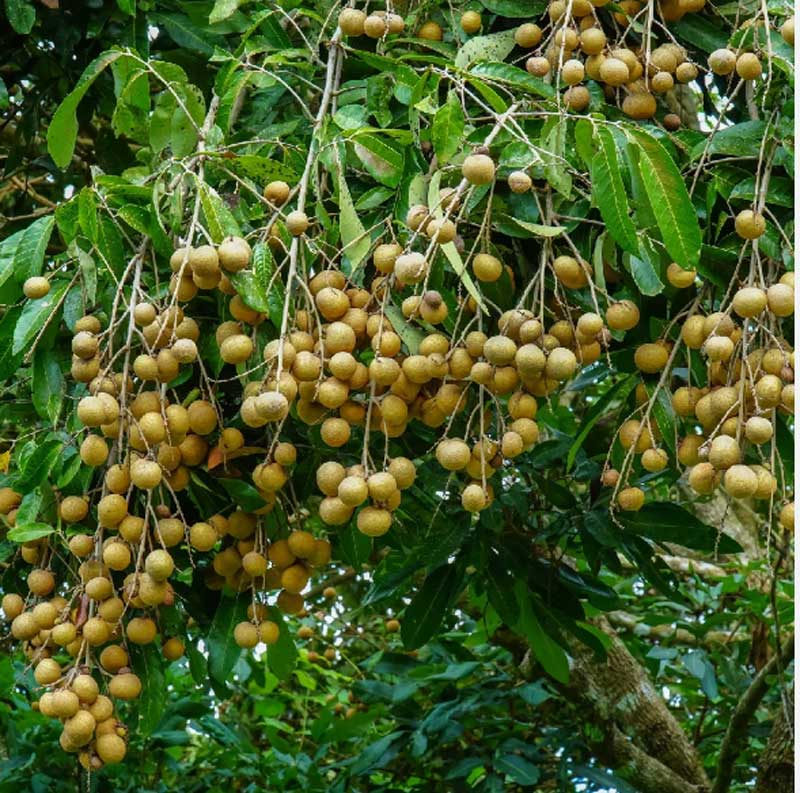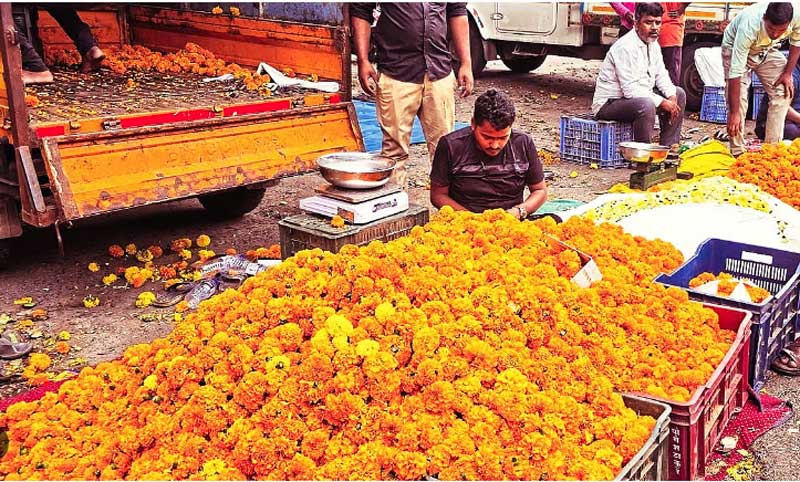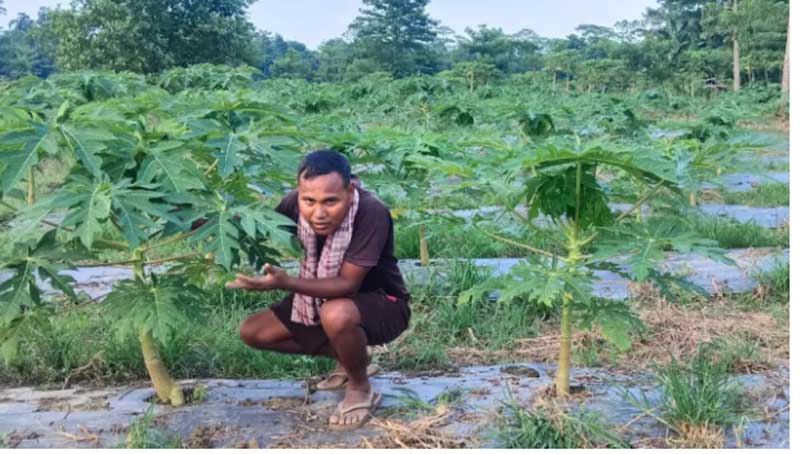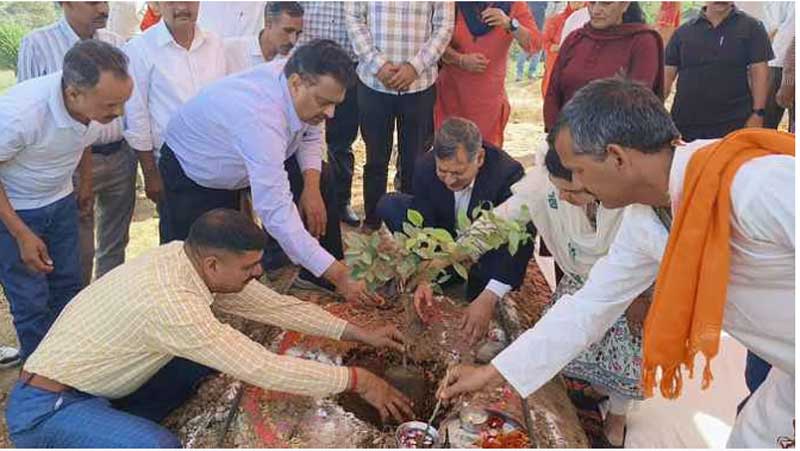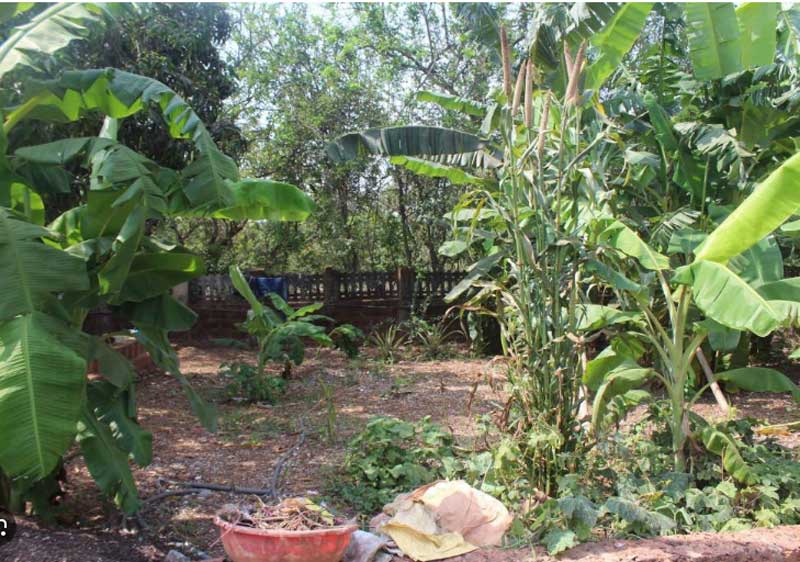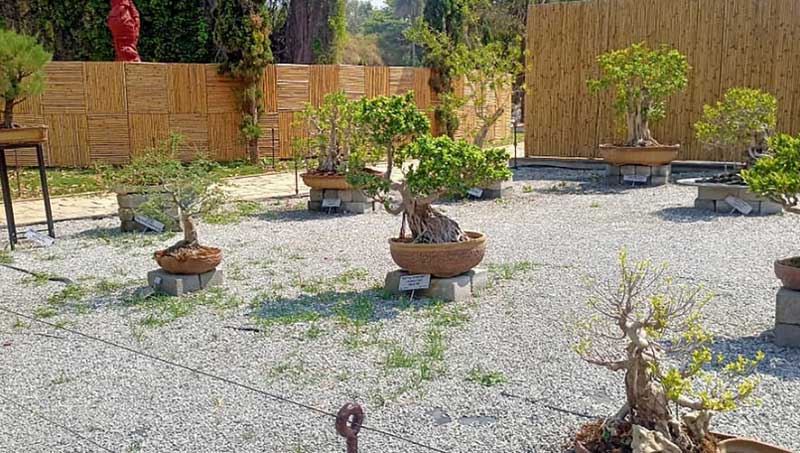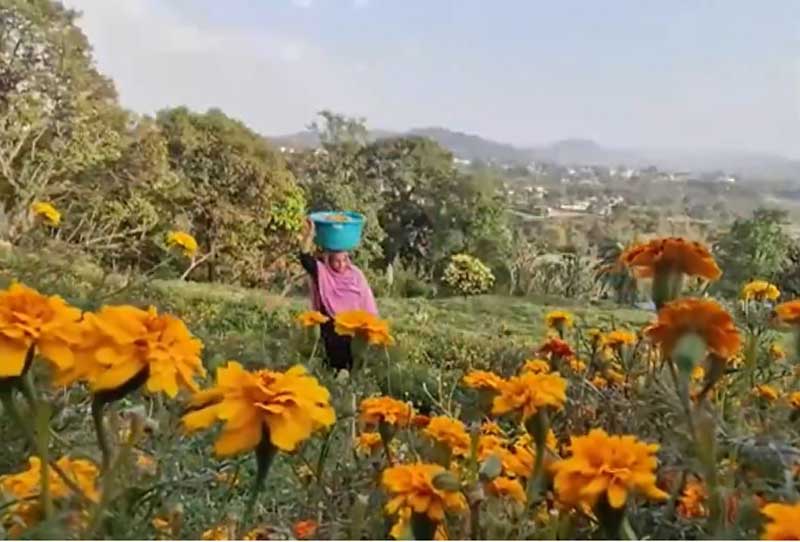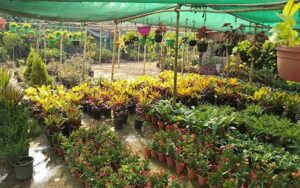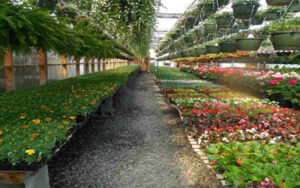India, progressive towards digital agriculture: Digital Crop Survey Launched in 12 States
Nursery Today Desk
New Delhi. Indian government is continuously working towards promoting digital agriculture. In this process, Indian government has introduced a Digital Crop Survey (DCS) in 12 states on a plant basis from the kharif (summer-sown) season of this year for better sowing data collection.
The project aims “to create a single and verified source of truth about the crop sown data which is useful for accurate crop area estimation and development of various farmer centric solutions.
The DCS reference application has been developed as an open-source, open-standard, and inter-operable public good. To achieve precise agricultural positioning, geo-referenced cadastral maps were used in conjunction with GIS and GPS technologies.
The Minister emphasized that some of the most susceptible to the effects of climate change on crop production include rainfed rice, wheat, kharif maize, and mustard. In its network project on National Innovations in Climate Resilient Agriculture (NICRA), the Indian Council of Agricultural Research (ICAR) forecasted significant decreases in agricultural output after conducting a climate vulnerability analysis. The estimated decrease in crop output by 2050 and 2080 for rainfed rice, 19.3% and 40% for wheat, 18% and 23% for Kharif maize, and 7.9% and 15% for mustard, respectively, could reach 20% and 47%.
Under the NICRA network project, ICAR categorized 109 districts as being in the “very high” risk category and 201 districts as being in the “high” risk category based on the IPCC’s criteria. This highlights the requirement for agricultural practices that are climate resilient in order to lessen the negative effects of climate change on crop production in susceptible places.
12 states selected for pilot on DCS
The states that have been selected for pilot on DCS are Madhya Pradesh, Karnataka, Telangana, Andhra Pradesh, Uttar Pradesh, Rajasthan, Tamil Nadu, Maharashtra, Odisha, Assam and Telangana.
The pre-requisite requirements for DCS, including the geo-referencing of village maps and digitized Records of Right (RoR) with Ownership Extent, have been used to select the states depending on their readiness.
Advantages of the project
The project is crucial considering country’s currents challenges with wheat and rice supply shortages, despite estimates of record production. The Minister of Agriculture and Farmers’ Welfare also acknowledged climate change’s impact on crop yields, particularly for rainfed rice, wheat, kharif maize, and mustard.
The survey will help in creating visibility on accurate and transparent estimates of crops sown in states, crop identification for improved production and yield estimation from crop-sown data. This will also help in easy implementation of departmental schemes focused on crops, easy verification, estimation and settlement of crop insurance claims, to assess cropping patterns for environmental impacts and improve market from the village to national levels.

